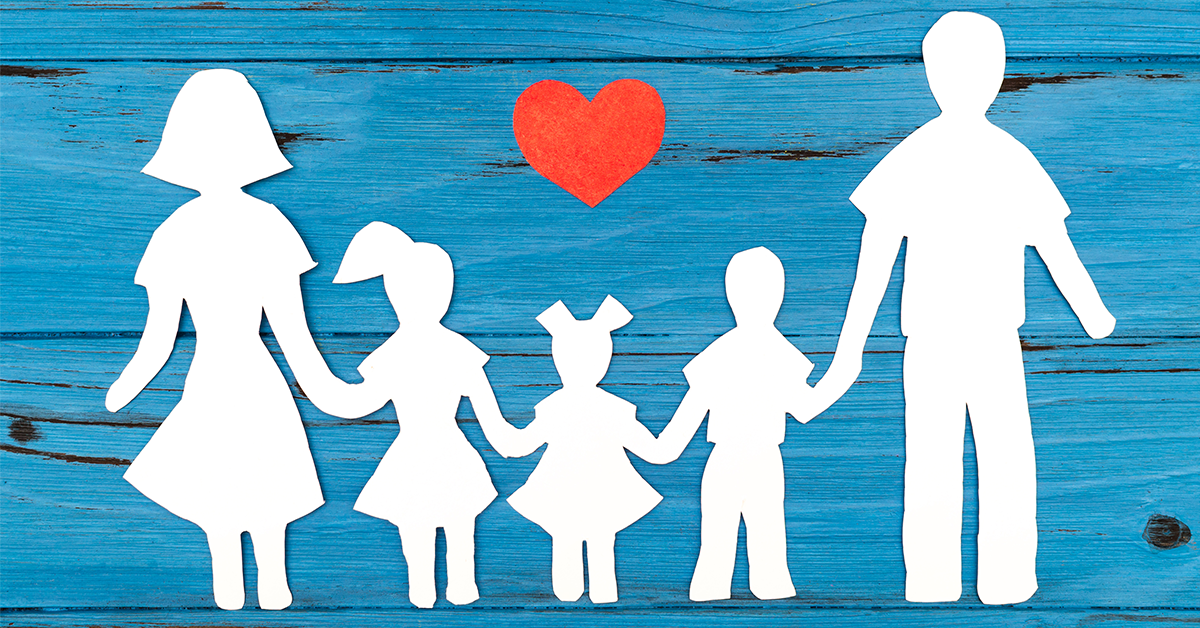
04 Jan Resources for Family Members of Loved Ones Dealing with Addiction
Addiction does not happen in a vacuum. Every client you see who is dealing with addiction has people in his or her life who are also being impacted by that addiction. The American Society of Addiction Medicine defines addiction as a ‘treatable, chronic medical disease involving complex interactions among brain circuits, genetics, the environment, and an individual’s life experiences. People with addiction use substances or engage in behaviors that become compulsive and often continue despite harmful consequences.’ Family members of clients dealing with addiction experience many of those harmful consequences and need support as well as access to resources in order to make progress toward healing.
Addiction impacts the entire family – not just the person who is misusing substances. The behaviors of family members can also have an impact on the recovery process for clients. One way to view addiction is as a cycle where each person plays a role. In order to give your clients who are dealing with addiction the best chance of recovery, it is important to provide resources for family members so they learn how to cope with the emotions surrounding the addiction and learn to take on roles that support recovery. Valuable resources for family members of clients dealing with addiction include individual therapy, group therapy, family therapy, and support groups, with teletherapy options available as an alternative for people during a pandemic or who may live in remote areas with limited access to care.
Individual Therapy
It is common for family members of people dealing with addiction to take on certain roles – such as enabler. Taking on these roles is often a way for the family member to cope with the emotions related to loving someone who is dealing with addiction. Family members can have a deep sense of regret, fear, and shame when they have a loved one dealing with addiction. Trying to deal with the emotions that come with this dynamic can lead to unhealthy behaviors that (inadvertently) perpetuate the problem of addiction. Individual therapy can help family members work through their own emotions related to the addiction and learn new, healthier behaviors.
Group Therapy
It can be encouraging to interact with others who are dealing with big issues in their lives. Group therapy can provide a unique environment for family members of people dealing with addiction to process emotions and come up with positive strategies for moving forward. Witnessing others talk through, and make progress toward individual healing can encourage others to make progress as well. Group therapy can help decrease loneliness, feelings of isolation, and shame for family members of people who are dealing with addiction. The members of the group and the clinicians who run the group can act as a sounding board and provide prospective for family members. Typically, group therapy happens in person, but numerous opportunities for participating in group therapy virtually (teletherapy) are also available.
Family Therapy
Addiction impacts the entire family in a variety of ways. The family dynamics, roles of family members, and family structure can all be impacted by addiction. In addition, there may be elements within the family dynamics that perpetuate the issue. Family therapy is a way to work together with a therapist to deal with the impact of addiction and make changes that will help support sobriety going forward. Family therapy can take place with or without the person who is dealing with addiction. It can be beneficial for the sober family members to attend therapy together and explore how everyone behaves around and interacts with the person who is dealing with addiction. At some point the therapist may want to bring in the person who is dealing with addiction and work with the family as a whole. Family therapy can be a place where healing occurs and new behaviors are developed.
Support Groups
Family members of people dealing with addiction can benefit from support groups such as Nar-Anon and Al-Anon. Nar-Anon is a non-professional support group consisting of people who have a friend or relative dealing with drug addiction. Al-Anon is the same design but specifically for people who have a loved one dealing with alcohol addiction. These groups can provide comfort and support for people who have a family member dealing with addiction. Loved ones of people dealing with addiction can take the self-assessment ‘Is Nar-Anon for me? ‘ or the Al-Anon Self-Quiz to determine if one of these groups is a good fit.
Addiction is an issue that impacts as many as 1 in 4 adults and there is no question that treating the entire family is an essential part of the recovery process for your clients who are dealing with addiction. There are, thankfully, a number of valuable resources available for family members of your clients who are dealing with addiction.
The global pandemic has added an extra layer of difficulty for everyone – including those who are dealing with addiction and their families. Fortunately, technology has made it easier than ever to access the resources that can provide support for anyone who is impacted by addiction.



Sorry, the comment form is closed at this time.